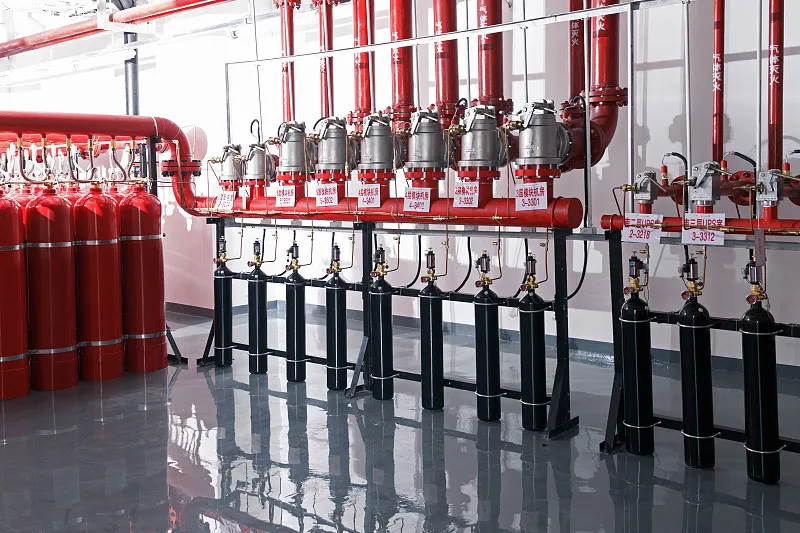what is a heat detector
A heat detector is a crucial safety device designed to identify significant temperature changes or high temperatures in an environment. Operating as an integral part of fire detection systems, these devices use sophisticated thermal sensing technology to monitor ambient temperatures and trigger alerts when predetermined temperature thresholds are exceeded. Heat detectors typically function through either fixed temperature detection, where they activate at a specific temperature point, or rate of rise detection, which responds to rapid temperature increases over time. These devices incorporate thermal sensors, typically thermistors or thermocouples, that continuously measure surrounding temperatures and transmit data to a central control panel. Unlike smoke detectors, heat detectors excel in environments where smoke detection might be impractical due to regular dust, steam, or smoke presence, such as kitchens, garages, or industrial facilities. They are particularly effective in areas where rapid heat buildup is the primary indication of fire hazards. Modern heat detectors often feature advanced microprocessor technology for improved accuracy and reduced false alarms, while some models include self-diagnostic capabilities and communication protocols for integration with broader building management systems. These devices are designed to meet strict safety standards and regulations, providing reliable fire detection in both residential and commercial applications.











